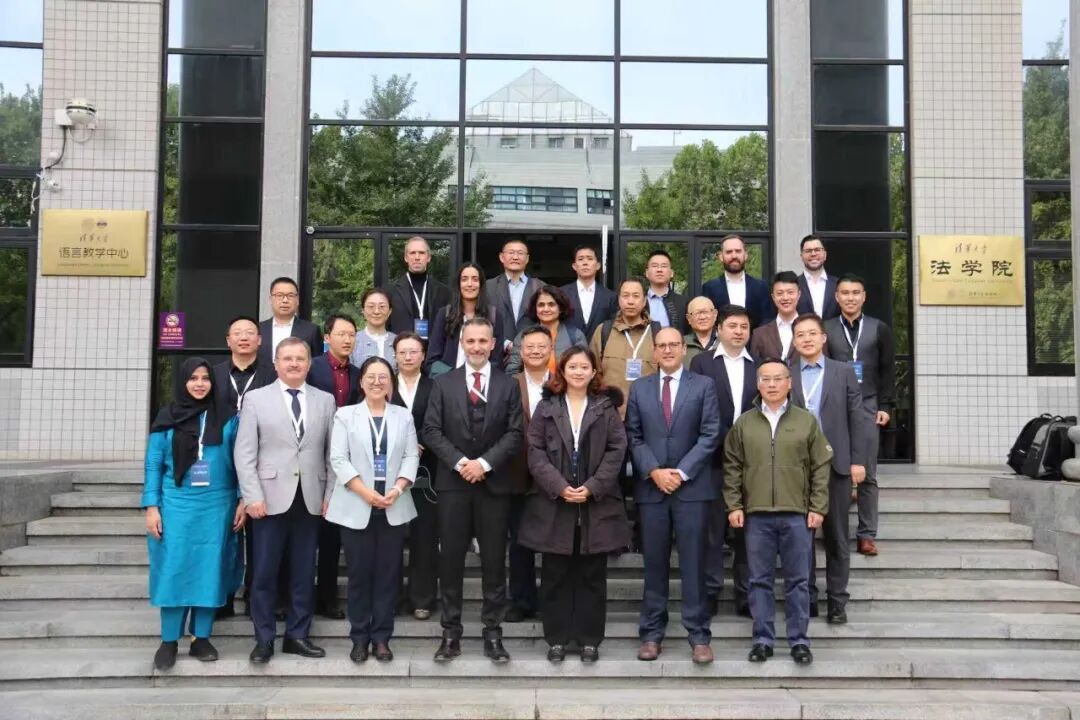On October 11, 2025, the Center for International Security and Strategy (CISS) at Tsinghua University successfully held the Symposium on Artificial Intelligence, Security, and Governance in Beijing. The event brought together more than thirty experts and scholars from China, Switzerland, Italy, Israel, the United Kingdom, Russia, South Africa, Indonesia, and Pakistan for in-depth discussions on four key themes: “Risks of Artificial Intelligence to International Peace and Security,” “Risk Reduction and Confidence-Building Measures,” “Applications and Implications of Artificial Intelligence in Armed Conflict,” and “Towards Responsible AI Governance.”
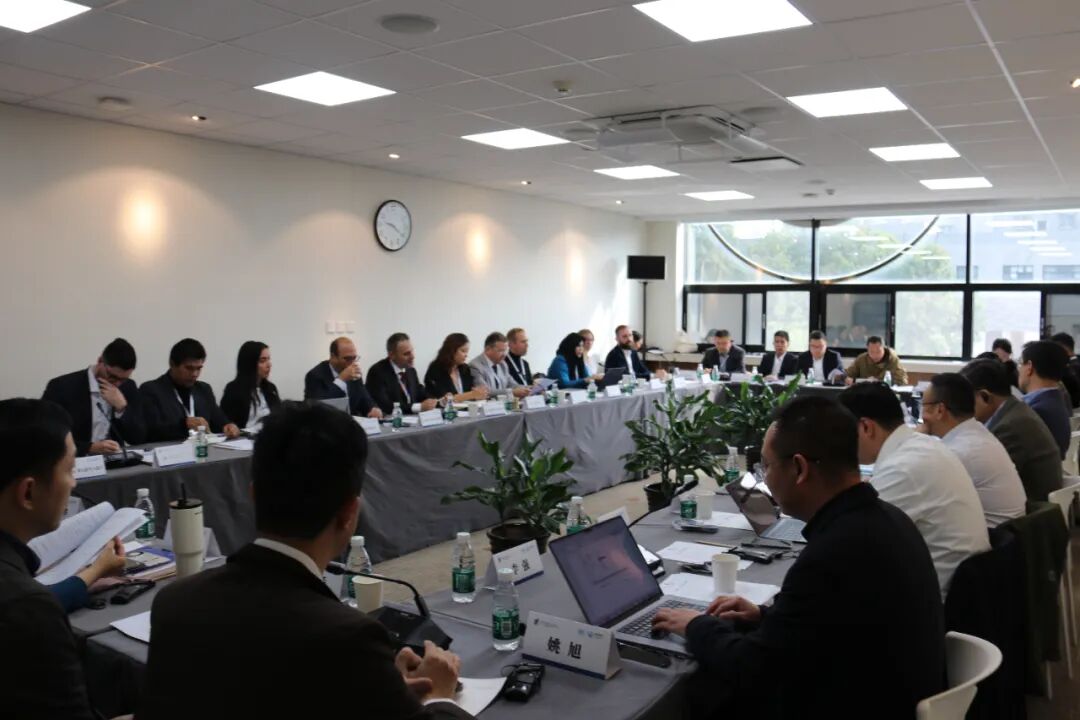
In his opening remarks, Professor Da Wei, Director of CISS, noted that China–U.S. relations are undergoing a period of structural adjustment, while emerging technologies such as artificial intelligence are exerting a profound influence on the international order and global security governance. He emphasized that the symposium aimed to foster constructive dialogue at the intersection of technology, economics, and geopolitics, and to contribute ideas for building future frameworks for international cooperation and governance.
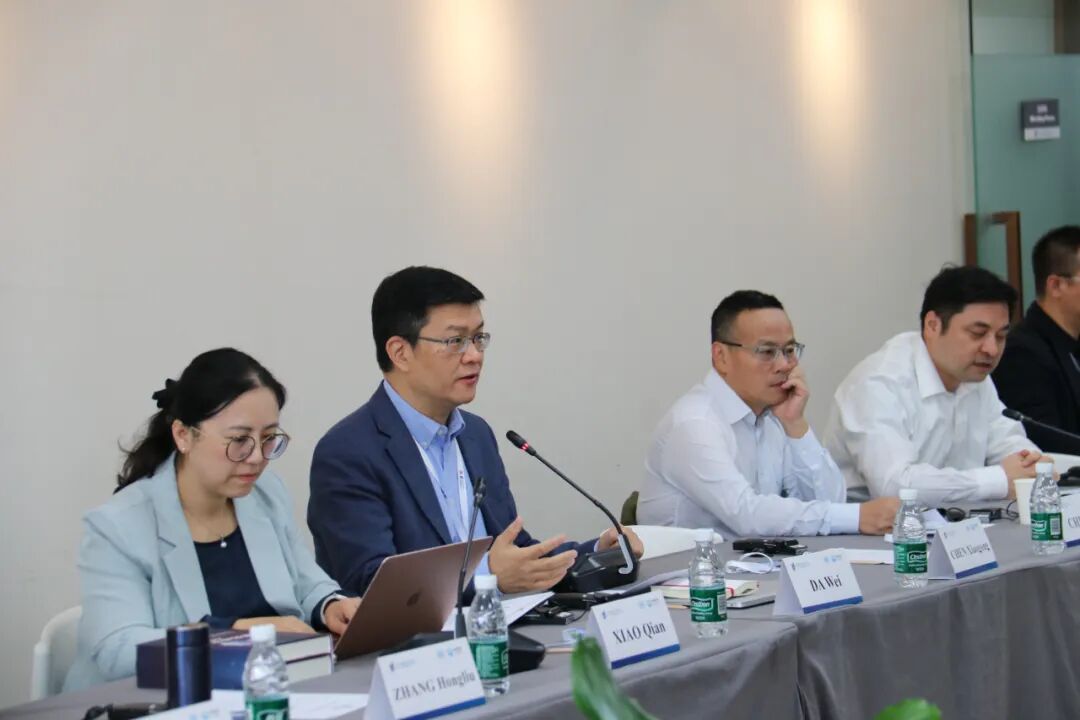
Giacomo Persi Paoli, Head of the Security and Technology Programme at the United Nations Institute for Disarmament Research (UNIDIR), introduced the UN’s initiatives related to AI, security, and ethics, stressing the importance of strengthening international dialogue amid growing geopolitical tensions.
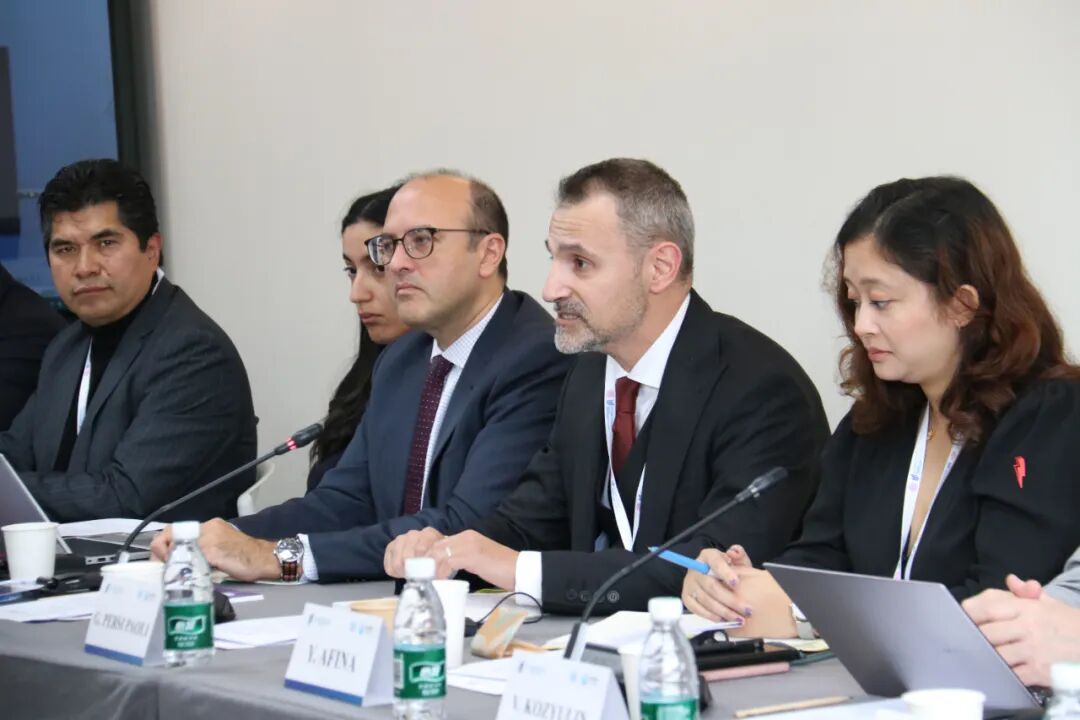
During the public session, Professor Xue Lan, Dean of the Schwarzman College and Director of the Institute for AI International Governance at Tsinghua University, pointed out that AI governance currently faces multiple challenges — including technological uncertainty, rapid iteration, regulatory lag, complex governance structures, inadequate oversight mechanisms, and geopolitical tensions. He called for co-evolution between innovation and governance, enhanced multi-stakeholder collaboration, and strengthened global cooperation to ensure the safe and sustainable development of AI.
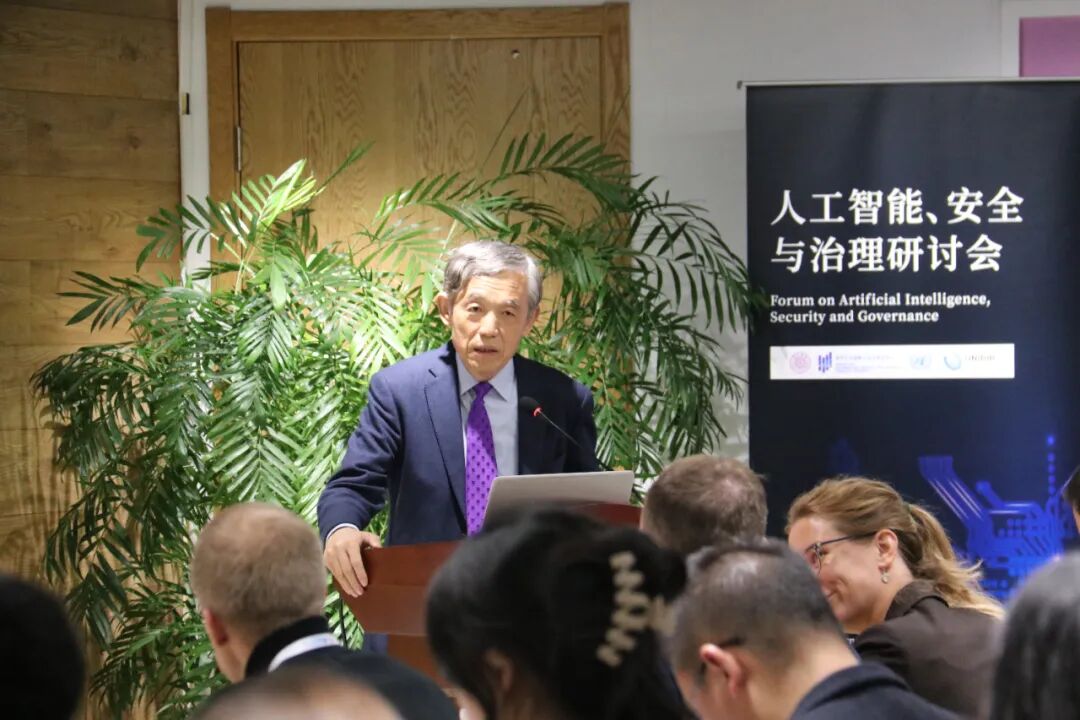
From a historical perspective of technological revolutions, Giacomo Persi Paoli analyzed the complex security risks associated with artificial intelligence — such as the unpredictability of autonomous systems, blurred lines between offense and defense, and widening digital divides. He proposed that capacity-building, shared understanding, responsible innovation, transparency, and inclusive dialogue are key to guiding AI toward a safe, controllable, and equitable future.
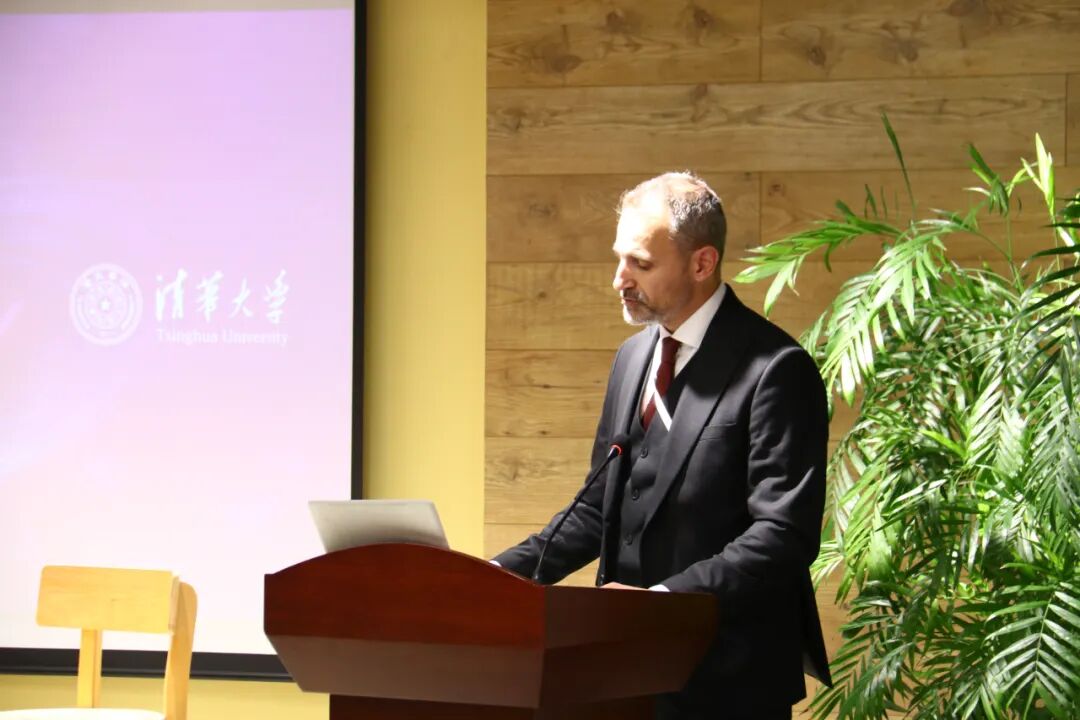
The following panel discussion, themed “Towards Responsible AI Governance,” was moderated by XIAO Qian, Deputy Director of CISS. Panelists included Yasmin Afina, Researcher at UNIDIR; QI Haotian, Associate Professor with tenure and Deputy Director of the Center for International Security and Peace Studies, Peking University; Calum Inverarity, Senior Research Fellow at the Open Data Institute; TANG Xinhua, Associate Research Fellow at the Institute of International Relations, Tsinghua University; and YAO Xu, Secretary-General of the Global AI Governance Initiative and Associate Research Fellow at the Institute of Development Studies, Fudan University. The discussion focused on the implications of AI applications in the military domain for international law, the role of the United Nations in AI governance in security contexts, and ways for the international community to build consensus frameworks and confidence-building measures. Experts agreed that achieving a balance between technological advancement and security governance requires shared frameworks, redline management, and sustained dialogue to mitigate common risks.
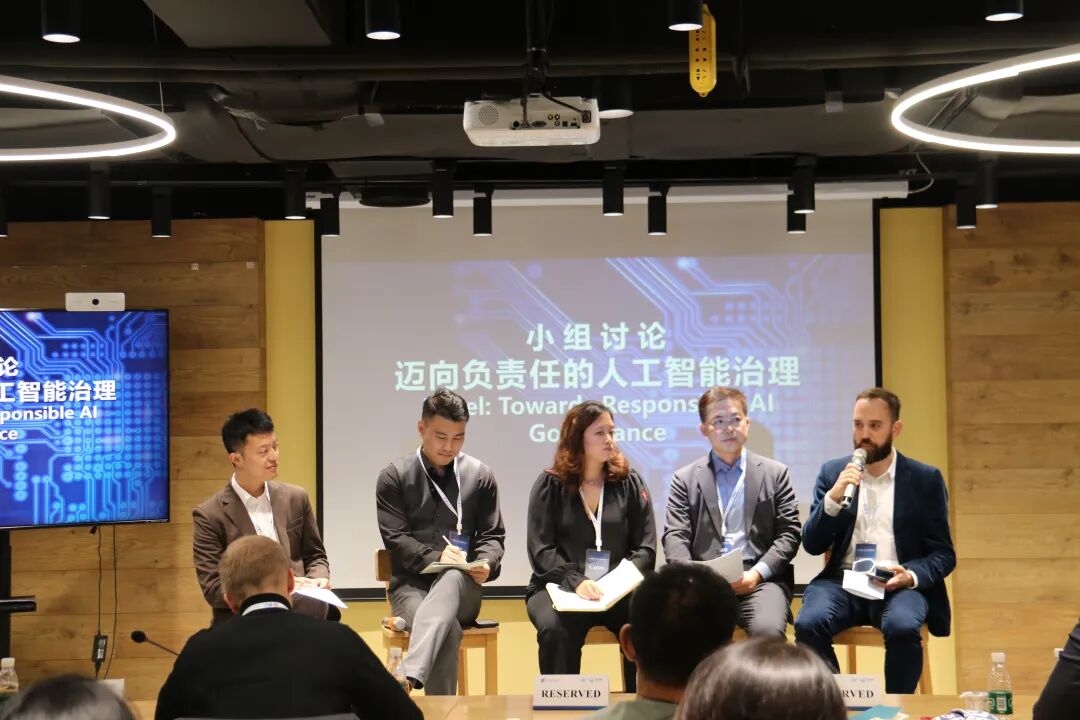
During the Q&A session, over one hundred participants engaged in lively exchanges with the panelists on issues such as open-source AI and privacy, international cooperation and capacity-building, data governance, and private-sector participation.
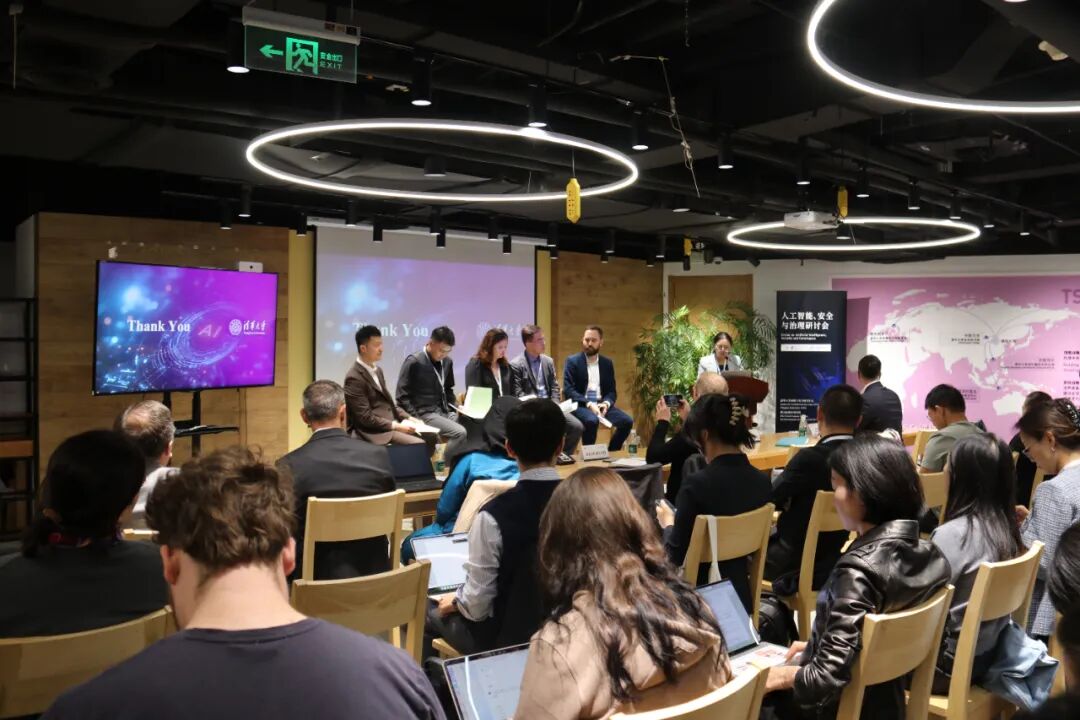
Participants widely agreed that the symposium provided a timely and open platform to address the governance and security challenges brought about by rapid AI development, and expressed hope that such dialogues and cooperation would continue in the future.
